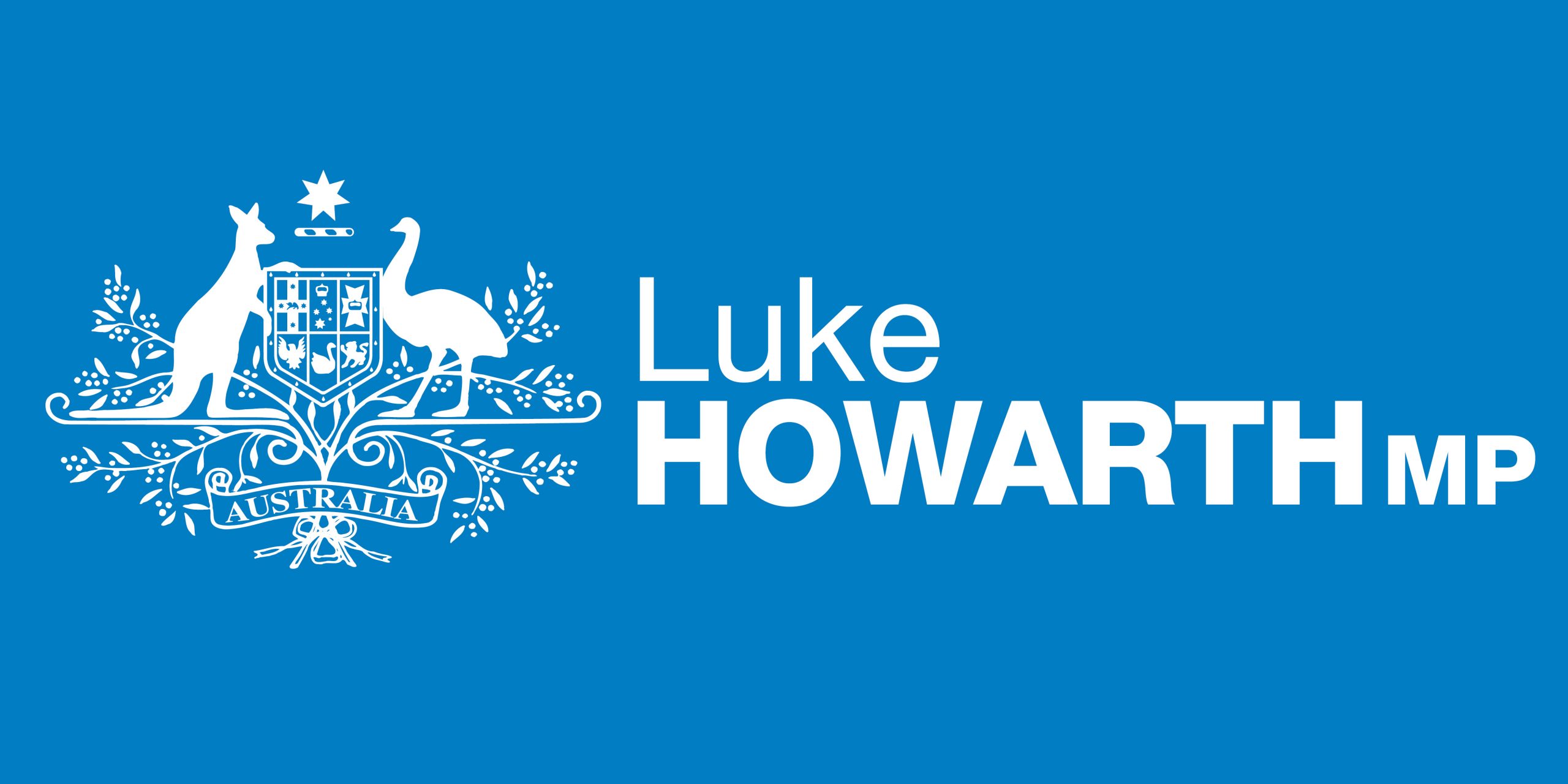Advice profession in legislative limbo after 650 days
The Labor government’s “war on financial services professionals must end”, according to shadow financial services minister Luke Howarth.
“After botching long awaited reforms to reduce red tape for financial advisers, the Assistant Treasurer has turned his attention to attacking local accountants, bookkeepers and tax agents.”
Since taking over as the shadow minister in March, Howarth has not been shy in attacking the performance of his opposite number.
Speaking in Parliament in June, for instance, Howarth argued that the government had done little to make life easier for the financial advice profession in the budget.
“Financial advisers are doing it tough and paying more under this government at a time when people in our electorates right around Australia need advice. That’s what they need,” Howarth said at the time.
He noted “several measures” across multiple pages of the budget documents that would result in additional ASIC levies.
“My question to the minister is: how much of these additional ASIC levies will be paid for by financial advisers?” Howarth queried during question time.
Then, following the passage of the first Delivering Better Financial Outcomes bill earlier this month, Howarth and shadow treasurer Angus Taylor criticised the limited response to months of concerns from the financial services sector, “leaving industry feeling uncertain”.
“It took Labor a staggering 16 months to begin responding to the review, and we still don’t have a timeline for a full legislative response,” Howarth and Taylor said.
“While today’s amendments attempt to address these concerns, it’s too little, too late.
“Stephen Jones’ incompetence has been exposed once again.”
Tax agent code of conduct
The latest issue, which the shadow minister characterised as a “fresh assault on financial services professionals”, is focused on a contentious legislative instrument that places a number of additional burdens on tax practitioners.
Key to many of the concerns that industry bodies have expressed, including in a joint letter from the accounting bodies and the Financial Advice Association Australia (FAAA), is that Financial Services Minister Stephen Jones has issued the legislative instrument unilaterally.
“From the outset, the Joint Bodies have consistently expressed concerns about the Minister being able to unilaterally alter Code obligations, as it avoids more robust scrutiny from Parliament,” the joint bodies said in the letter.
“We request the Minister withdraw the LI as registered and conduct further targeted consultation to ensure an equitable outcome that allows effective compliance with and better oversight of the LI.”
The shadow minister was less measured, with his statement calling the instrument – set to come into force on 1 August – a “red tape bomb”.
“The new power the Assistant Treasurer has used to unilaterally sign off on the new obligations was part of legislation forced through Parliament late last year by Labor in a deal with the Greens – legislation the Coalition opposed,” the media release from Howarth’s office said.
Pointing to hot topic issues of the cost-of-living crisis and overregulation, Howarth used the opportunity to argue that “only a Coalition Government will put a stop to this overregulation which is causing uncertainty and a mountain of additional costs”.
“With a start date of 1 August, accountants have been left with little time to prepare and comply with the Assistant Treasurer’s new obligations. At the busiest time of the year for many tax practitioners, they have received a red tape bomb from the Albanese Government,” he said.
“Some of these new obligations are far-reaching and potentially impossible for thousands of small tax practitioners to comply with. In his haphazard attempt to address bad behaviour from a few large international accounting firms, the Assistant Treasurer has caused chaos and confusion for the rest of the industry.
“Even if the Albanese Government is hellbent on stacking up more red tape for small businesses, the least it can do is implement regulatory changes fairly and ensure there are no unintended consequences.”
The primary concern that the joint bodies raised concerning the contents of the instrument is the obligation under section 45 to keep clients informed of all relevant matters.
“Our members are very concerned about the obligation to keep their current and prospective clients informed of ‘any’ matter that could significantly influence a decision of a client to engage them,” the joint bodies said in the letter.
“For clarity, the scope of section 45 of the LI should clearly exclude matters unrelated to a tax practitioner’s ability to provide tax agent services as a fit and proper person.”
They added that while some of their recommendations were adopted following the consultation on the instrument that opened in December 2023, the final LI also contains “previously unseen obligations together with significant additional implications of the provisions that were amended following the public consultation and which have not been subject to public consultation”.
“Overall, we continue to hold significant concerns about the LI and the detrimental aspects that outweigh the improvements made to address our concerns,” the joint bodies said.
Howarth used this to draw parallels with the handling of the DBFO bill, doubling down on previous criticisms of the government failing to “consult stakeholders appropriately”.
“This is yet another rushed process, without consultation and riddled with errors. The Assistant Treasurer needs to start listening to industry from the beginning and consult with his stakeholders,” Howarth said.
“The Coalition calls on the Labor Government to urgently withdraw the legislative instrument which makes these changes and conduct further consultation before it considers burdening local accountants and bookkeepers with more red tape.”

